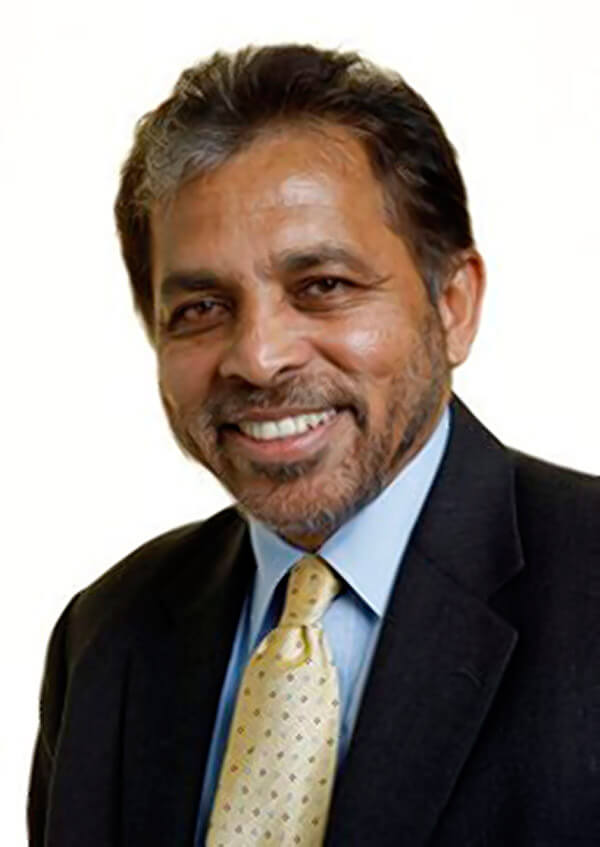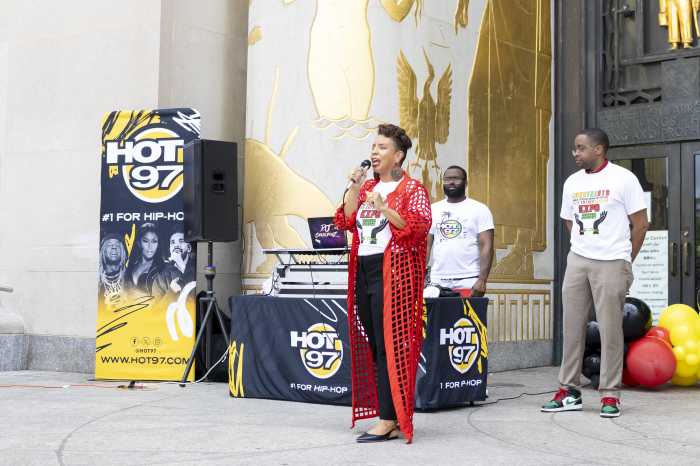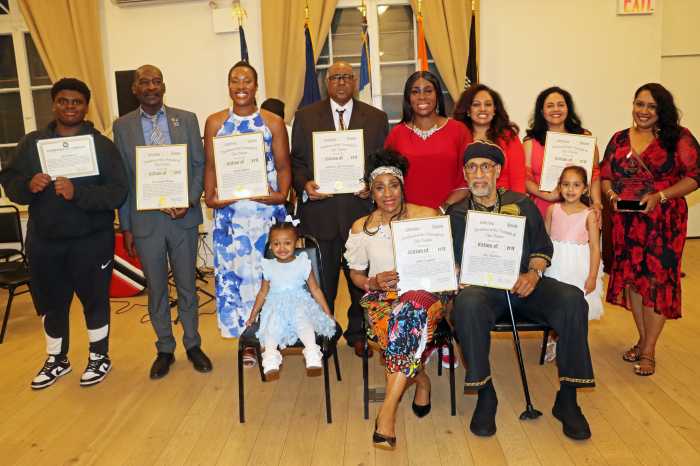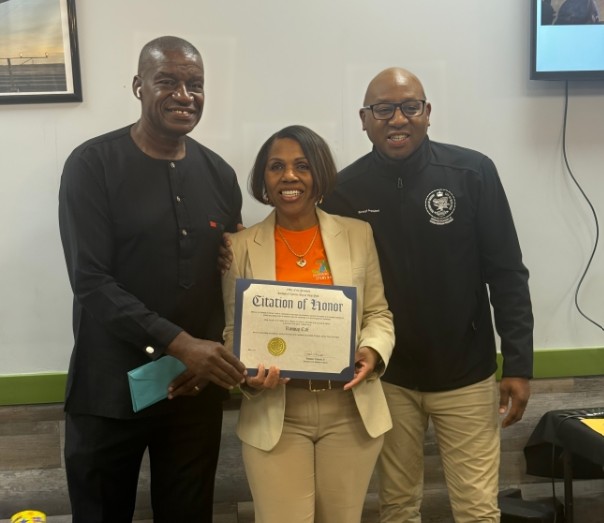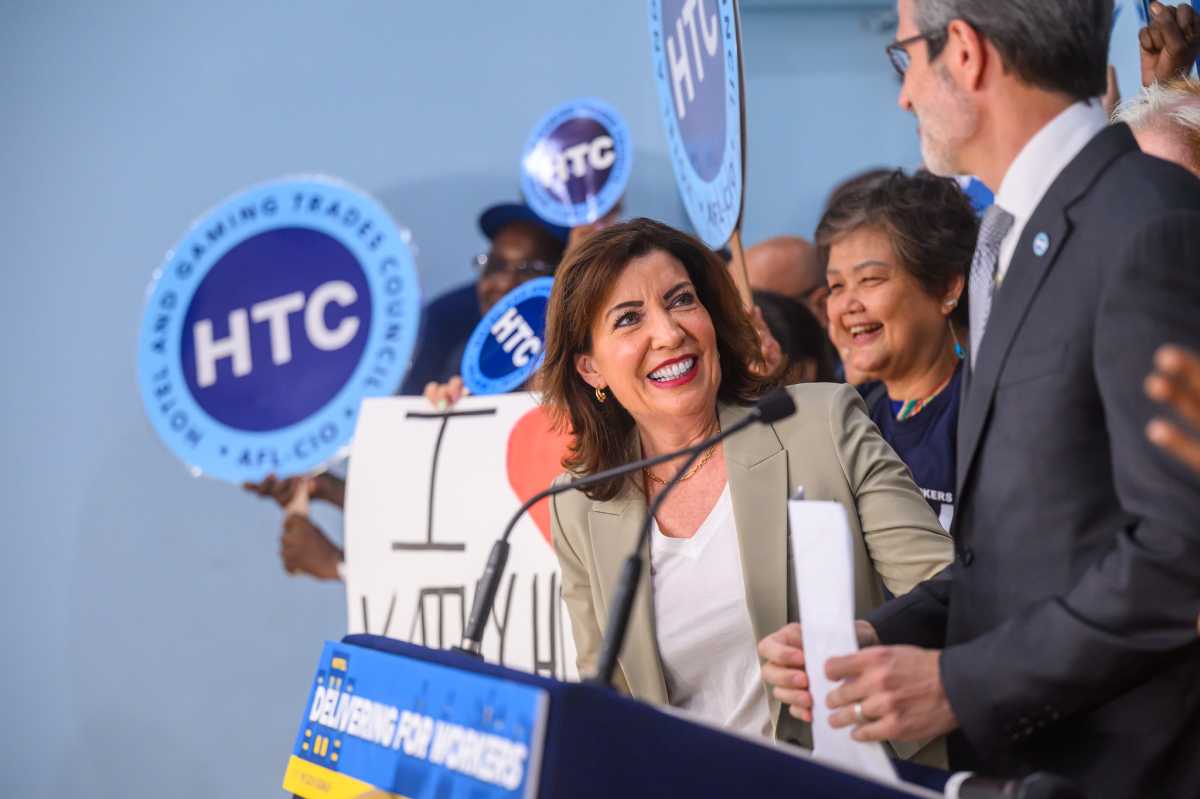Dr. Palitha Kohona is the former Permanent Representative of Sri Lanka to the United Nations and onetime Chief of the U.N. Treaty Section
With Secretary-General Ban Ki-moon’s term of office tapering off by the end of 2016, there is increasing chatter in the corridors of the United Nations on his successor.
The interest in the top post at the U.N. has been heightened because of the issues that have emerged.
Among them: the importance of respecting the principle of regional rotation; the need to have a woman occupy the top job at the U.N. after 70 years of its existence; and the importance of more transparency in an organisation that devotes much energy to promote democracy in the world.
These are prominent among some of the conversation starters in the U.N. cocktail circuit, all against the background clamour to reform the Organisation.
The Charter itself says little on the appointment process. Article 97 stipulates that the General Assembly (GA) will appoint a secretary-general (SG) on the recommendation of the Security Council. As with much else at the U.N., the practice with regard to the appointment of the SG also has evolved in response to contemporary pressures. Resolutions 11/1 of 1946 and 54/246 of 1997 are important on this matter.
The Security Council will, in the first instance, seek consensus prior to recommending a candidate to the GA, although 9 votes in favour of a candidate in the Council would suffice.
If consensus is not feasible, the Council will vote on the candidates available. The practice of conducting straw polls among the members of the SC has become popular in recent times.
While early aspirants to the post did not campaign under spurious pretexts, the need to approach a wide range of countries to seek their blessings is increasingly recognised.
To the disappointment of many members of the world body, the recommendation is adopted at a private meeting in accordance with Rule 48 of the Provisional Rules of Procedure.
The Permanent Five of the SC (P5) – namely Britain, the U.S. France Russia and China — exercises inordinate power over the selection process. Today the endorsement of the P5 is essential and consequently the veto acquires a particular significance in the SC recommendation.
In 1996, the significance of P5 endorsement was clearly highlighted. As the Council began its consideration of potential candidates, Boutros Boutros Ghali, the incumbent SG, received 14 endorsements in a straw poll, except the U.S.
Boutros Ghali had offended the U.S. with comments on the situation in the Middle East. A week later, a former senior U.N. official, Kofi Annan, a surprise candidate from the Secretariat, received the necessary endorsement of the SC with the backing of the P5.
Similarly, former Secretary-General Kurt Waldheim’s efforts to secure a third term in1981 were vetoed by the Chinese. It is now almost mandatory for the aspirants to the post of SG to undertake visits to the capitals of the P5 to seek their blessings and not say or do anything that would cause them alarm.
This was not always the case. When, in 1951,Trygve Lie of Norway was vetoed by the Soviet Union, as he sought his second term, the U.S. had him appointed through a clear majority of votes in the GA. Given the difficulties that Trygve Lie faced subsequently, especially in dealing with a hostile Soviet Union, it would be unlikely that such an approach would be adopted today.
Although there are suggestions that the SC should recommend more than one candidate, for the sake of transparency and to facilitate democratic choice, the GA has decided in Res 11 of 1946 that it would be desirable for the Council to proffer only one candidate.
Whether this sentiment continues to be shared by many in the GA today with its much wider membership is unclear. While a divisive vote in the GA is always possible, in recent times, the GA has tended to rubber stamp the recommendations of the SC.
While early aspirants to the post did not campaign under spurious pretexts, the need to approach a wide range of countries to seek their blessings is increasingly recognised. Visits to capitals could generate a groundswell of sympathy for a candidate which could influence members of the SC.
The present incumbent, a former foreign minister of South Korea, advancing his candidature the first time round, used his position as his country’s representative in the SC to visit as many capitals as possible.
The second time round, he was advised to seek the endorsement of the regional groups as he was mulling presenting his candidature, in particular, the Asia Pacific Group, his own regional group.
This was against the background of some whispered reservations about his performance in the first term, especially by certain countries of the Western Europe and Others Group (WEOG).
They were mostly concerns about his perceived lack of fluency in the working languages of the Organisation and the absence of firmness in dealing with difficult issues.
Still, the Asia Pacific Group endorsed him unequivocally, setting in motion a tide of endorsements from the other regional groups. He announced his candidature immediately following his meeting with the Asia Pacific Group.
The WEOGs provided the first two SGs. An assertive developing world demanded the next. U Thant of Burma (now Myanmar) was appointed, despite initial opposition from France.
The Eastern European Group has asserted a claim to the post after Ban because the group has never had this position before and because there are many suitable candidates from the region.
Res 51/241 supports their position. Among the possible Eastern European aspirants are the former U.N. Under-Secretary-General and the Former President of Slovenia, Danilo Turk, the Executive DIrector of UNESCO, Irena Bukova of Bulgaria, EC Commissioner, Kristalina Georgieva of Bulgaria, the Lithuanian President, Dalia Grybauskaite, the vice Prime Minister and Foreign Minister of Monte Negro, Igor Luksic, and the popular Permanent Representative of Romania, Simona Miculescu.
The WEOGs have occupied the post three times – the Asia Pacific twice, Africa twice and Latin America and the Caribbean once. Candidates from the P5s are not considered for the post. Should Eastern Europe come up with a suitable candidate, they are likely to get the post this time.
Given the perceived lack of clarity with regard to the Eastern European candidature, others have begun to test the water.
Among them are, Kevin Rudd, the former Prime Minister of Australia; Helen Clerk, the Administrator of the UNDP and former Prime Minister of New Zealand; Antonio Guterres, the U.N. High Commissioner for Refugees and former Prime Minister of Portugal; and Michelle Bachelet, former Executive Director of UN Women and current president of Chile.
It is noteworthy that the Non-Aligned Movement, the largest single political grouping of developing nations, has strongly backed the appointment of a woman to succeed Ban.
The general feeling among Member States is that the time for a woman SG has arrived. There does not seem to be a shortage of exceptionally qualified women in the field.
Edited by Kitty Stapp


